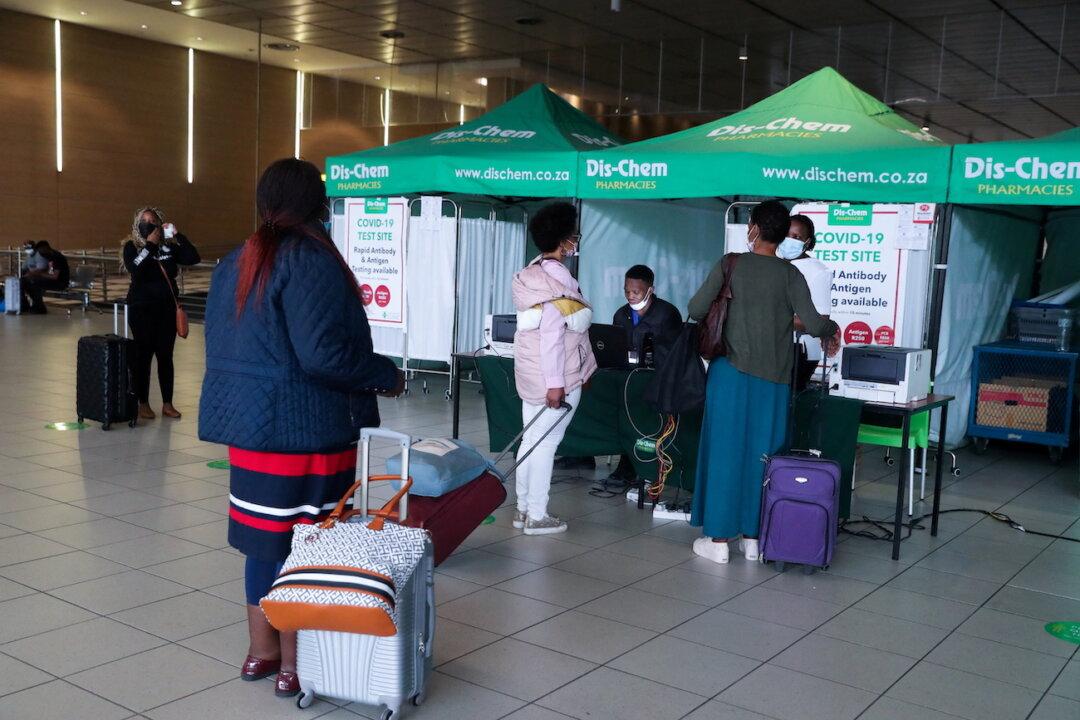The South African government has lifted most restrictions in the country as officials declare the country “may have passed the peak of the fourth wave.”
Restrictions are being removed “[b]ased on the trajectory of the pandemic, the levels of vaccination in the country and the available capacity within the health sector,” according to a government statement from Mondli Gungubele, South Africa’s minister in the presidency.




